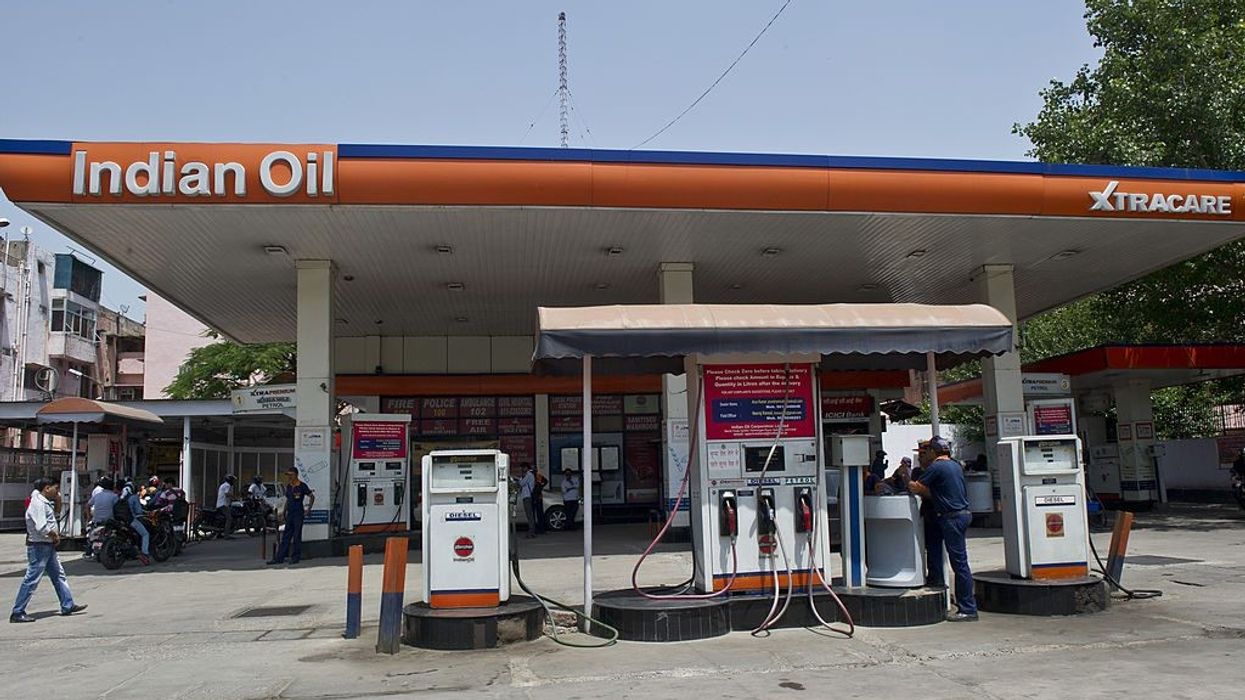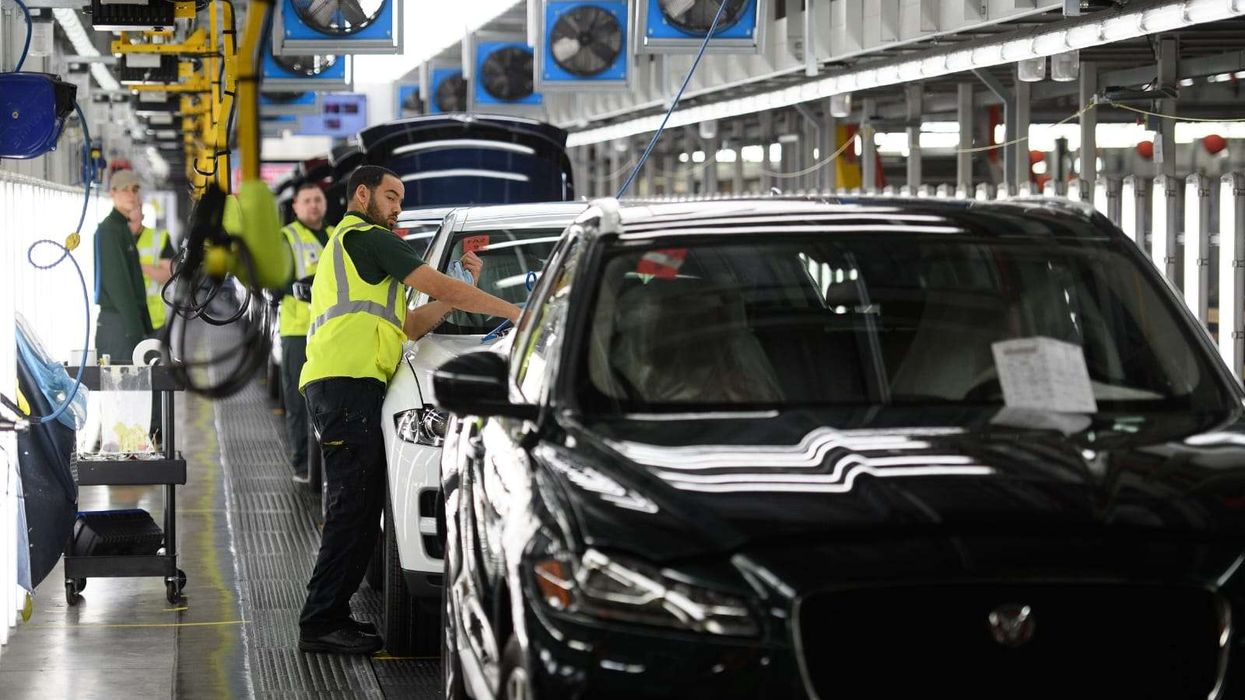INDIA is likely to rank among the emerging economies worst affected by the Russia-Ukraine crisis as a surge in global prices of commodities is set to upend spending plans and derail its pandemic recovery, analysts say.
If the conflict lasts, India, which imports close to 85 per cent of its oil needs, is likely to see its fiscal, trade and account deficits swelled by a surge in crude oil prices to their highest in more than a decade, which will also fuel inflation.
"The contagion from currently rising geopolitical tension is unlikely to remain limited to financial assets and warrants a change in our key macro forecasts for FY23," said Abheek Barua, chief economist at HDFC Bank.
February's budget was based on an average oil price of $75 (£56.97) to $80 (£60.77) a barrel for the fiscal year starting from April 1, but Brent briefly soared on Monday to nearly $140, its highest in more than a decade.
A senior government official said if oil prices averaged $100 (£75.96) a barrel in the fiscal year to March 2023, that could shave 90 basis points off growth, taking it below eight per cent, from a forecast range of eight per cent to 8.5 per cent.
In such a scenario, inflation is seen rising by 100 basis points and the current account deficit could widen by 120 basis points to 2.3 per cent to 2.4 per cent of GDP.
DBS Bank says every increase of $10 (£7.6) a barrel in the price of oil lifts India's consumer price index-based inflation by 20 to 25 basis points, widens the current account gap by 0.3 per cent of GDP, and poses a downside risk of 15 basis points to growth.
The oil price spike is also expected to pressure the government to lower fuel levies and reduce the burden on consumers. That, in turn, would dent revenues, narrowing the room for capital spending needed to boost growth.
Retail fuel prices could rise 10 per cent or more, starting from this week, as results flow in from elections in key states. To avoid voter backlash at the polls, state-run oil companies have not raised prices since November 4.
"Given the bunched-up increase in the offing, excise duty cuts might be undertaken, to ease pressure on purchasing power and incomes," said Radhika Rao, an economist with DBS Bank.
But every rupee cut from fuel levies shrinks revenue for the government's coffers by Rs 130 billion (£1.29 b) a year. Economists say India could lose as much as Rs 900 bn (£8.92 bn) in trying to lower pump prices.
And a recent battering of markets, which forced a rethink of plans for an $8-bn (£6.08 bn) IPO of state-run Life Insurance Corp by the end of March, is likely to further dent the government's financial position.
Ratings risks
On the plus side, the government could turn a profit by selling some of its vast grain stockpiles following a rise in global wheat prices that could boost exports of the grain from India.
That could defray expenses on its vast annual purchases of grain at prices above global levels in the effort to support farm incomes.
But India's fiscal deficit had widened to a record 9.3 per cent in the year that ended in March 2021, thanks to efforts to cushion the shock of the coronavirus pandemic and revive growth.
That meant the ratio of debt to GDP shot up to more than 90 per cent, for the worst among similarly-rated emerging markets.
Although India's ratings have held steady, agencies have warned of long-term challenges and the need to cut the debt-to-GDP ratio to more sustainable levels.
Government officials said the fiscal deficit could slip by 20 to 30 basis points from a target of 6.9 per cent of GDP in the current fiscal year ending in March if LIC was not listed by then.
"The ratings agencies were not very happy with the fiscal consolidation path undertaken by us in the budget. Further deterioration could concern them," said a second government official, who also spoke on condition of anonymity.
The government is reworking some key budget figures and the outcome of next year's spending plans could look very different from the budget outlined last month, he added.
(Reuters)
Ukraine crisis could disrupt India's economic recovery












